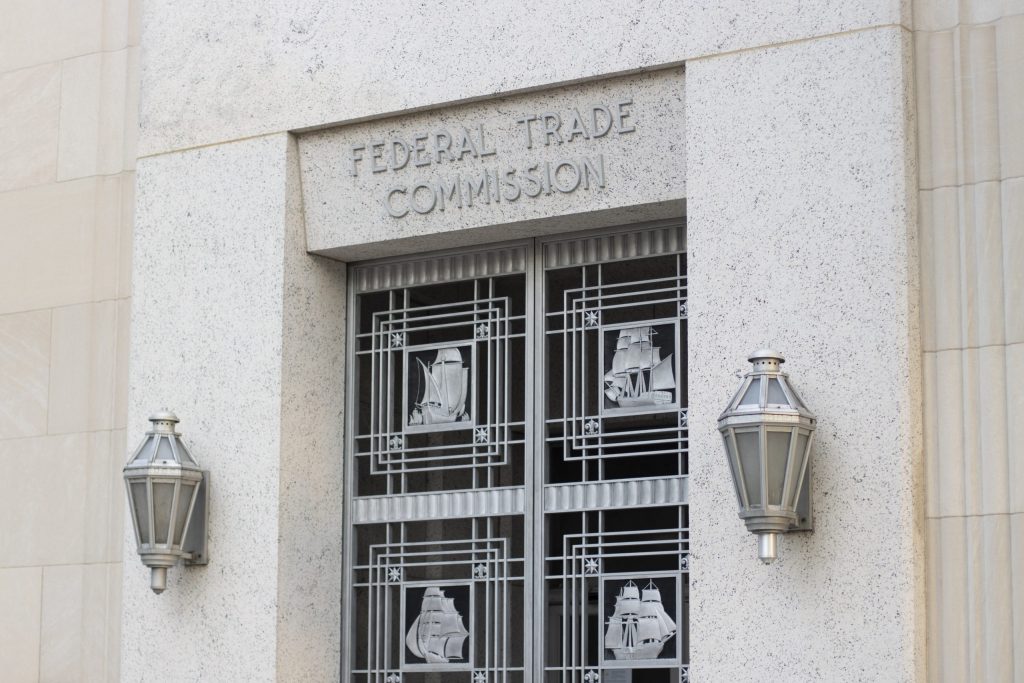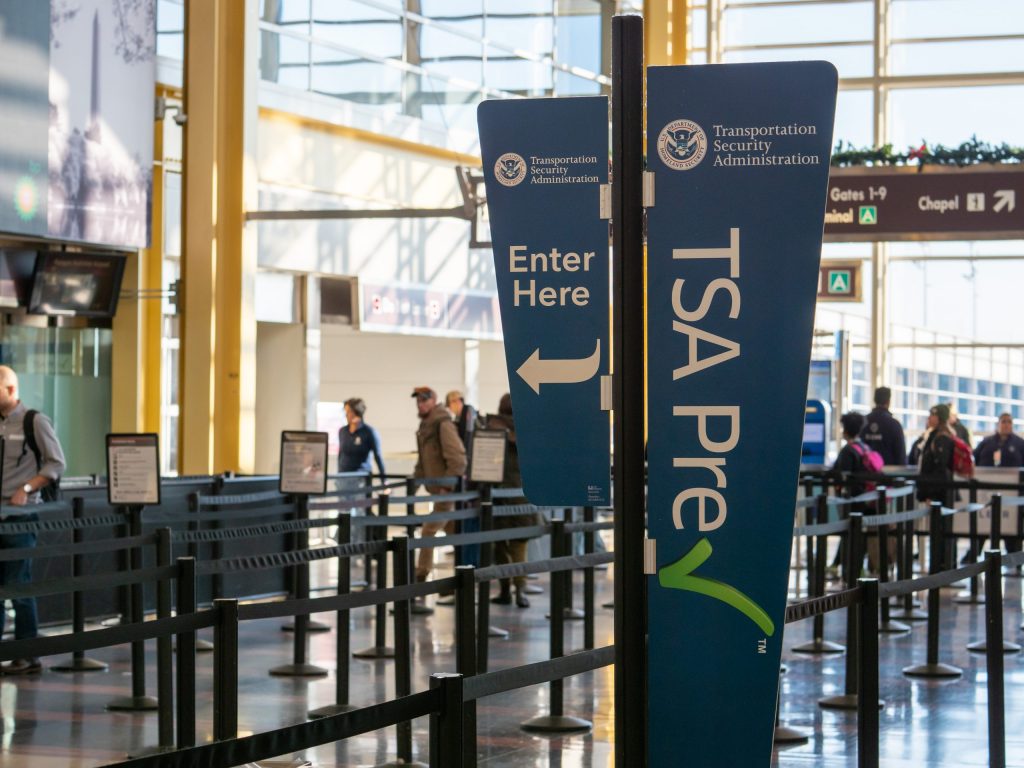On Monday, the Federal Trade Commission filed a lawsuit against an app analytics company for selling cell phone location data that might be used to track people in private areas, including abortion clinics, domestic violence shelters, churches, and mosques.
The antitrust and consumer protection commission has instructed Kochava, an Idaho-based company, to delete the information and cease further data collection.
“Kochava purchased sensitive geolocation data for hundreds of millions of mobile devices and sold this data in easily re-identifiable form, likely exposing people to threats of stigma, discrimination, and physical violence,” the FTC’s Biden-appointed Chair Lina Khan wrote on Twitter. “This action is part of the FTC’s work to use all of our tools to protect Americans’ privacy.”
Brian Cox, general manager of Kochava, issued a denial of wrongdoing and criticized the FTC for “flamboyant press releases and frivolous action” in a statement to The Post.
“The FTC has a fundamental misunderstanding of Kochava’s data marketplace business and other data businesses,” Cox said. “Kochava operates consistently and proactively in compliance with all rules and laws, including those specific to privacy…. It’s disappointing that the agency continues to circumvent the lawmaking process and perpetuate misinformation surrounding data privacy.”
Cox also said the company announced a “capability to block data from sensitive locations” ahead of the FTC suit.
Kochava allegedly gave customers limited privacy protections when they accessed location data from more than 61 million mobile devices, according to the FTC’s lawsuit. The FTC warned that bad actors utilizing the site might use the information to follow possible victims, like survivors of domestic violence, members of religious minorities, and patients and doctors at abortion clinics.
“In just the data Kochava made available in the Kochava Data Sample, it is possible to identify a mobile device that visited a women’s reproductive health clinic and trace that mobile device to a single-family residence,” the FTC wrote in its suit. “The data may also be used to identify medical professionals who perform, or assist in the performance, of abortion services.”
According to the agency, Kochava knew how its data could be abused because it advertised on Amazon Web Services that it could be used to “map individual devices to households.”
The lawsuit highlights how tech companies’ roles have changed since Roe v. Wade was overturned.
Following political pressure from Sen. Elizabeth Warren and other Democrats, two other companies that sell mobile location data, SafeGraph and Placer.ai, decided in July to stop selling location data related to abortion clinics.



